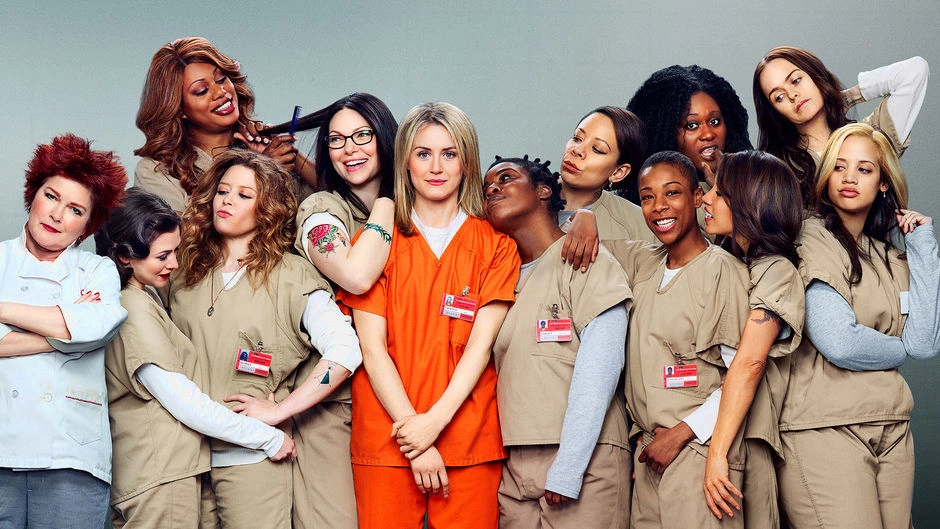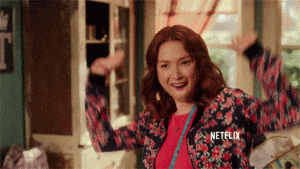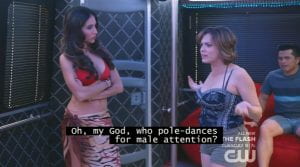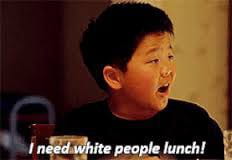I chose to talk about the writing in episode three (of Fresh off the Boat), “The Shunning”. Since the show is based on a memoir, Eddie Huang gets some credit for writing. He has also written for Bitch, Please!. The main person credited with this episode is Nahnatchka Khan, who also wrote episodes for American Dad, Malcolm in the Middle, and Don’t Trust the B—- in Apartment 13.

It is sometimes easy to forget while watching TV how much time and effort goes into creating each and every show
The most unique component of the writing in this episode (& the thing that sticks out most to me) is the voiceover by future Eddie. Not only does it provide recaps and background information, it represents the inner dialogue of young Eddie. When Eddies gets an idea, like how he thinks getting a woman will gain him respects with the neighborhood boys, the idea is explained in the voiceover from Eddie’s perspective. This is not super typical in shows, but I always prefer shows with narration like Jane the Virgin also has. It is very well done in FOTB, which is important because a memoir is personal thoughts and that can be hard to display through external dialogue, but a nice balance of voice overs and character dialogue makes for a well-done TV series. In the show you never have to worry about NOT knowing Eddie’s opinion about something or someone because the voiceover clearly states his opinions. Specifically in this episode, at then end his attraction to Nichole (neighbor) is VERY evident even though there is not external dialogue to prove so, it is all narrated by future Eddies.
The external dialogue of the episode is also unique because it is composed of mostly quick comments rather than long conversations. For example, when Emery is introducing his TWO girlfriends, they immediately both comment how they are okay with it (very funny scene). Also, what is becoming a common theme is Jessica (the mom) firing away quick comments to control her boys like “go to your room” or “go do *insert random task*”. This technique keeps the show fast-paced and interesting, which is what it takes in the modern television era to keep viewers.
The episode doesn’t use silence as a major component because often instead of silence a couple beats of music play to bring it back to the idea that Eddies LOVES rap music. Speaking of rap, this is a major external reference in the episode. Eddies looks to rap music as his guide because it is his anthem (especially when it comes to his love life). The episode also alludes to NASCAR because that is the event that draws the whole neighborhood together for a block party and it serves as a major plot element. Eddie’s struggle for love, Jessica’s fight for her friendship with Honey, and Louis’s promotion of his restaurant in the episode all occur at the block party for NASCAR viewing (which is very stereotypically American).





















